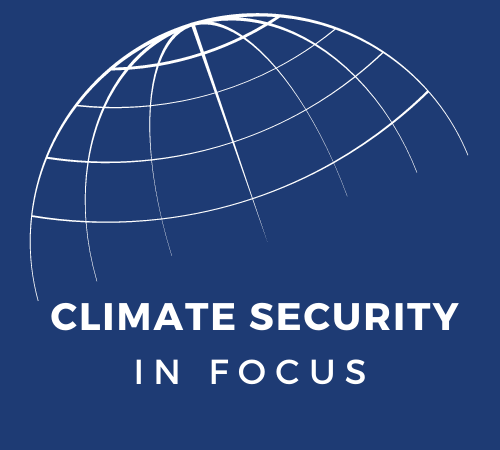
International Action on Food Security
Food security continues to present challenges internationally, across countries and within them, as most recently demonstrated by the G7 developments in May and June 2022. Within this collaborative international effort, the U.S. is playing a leading role, primarily through the U.S. Agency for International Development (USAID).
The revived leading role by the U.S. is a welcome pivot from the Trump administration’s proposed cuts to foreign aid assistance. The Biden administration has opted to leverage foreign aid not only to address food security but to combat the widespread impacts of climate change. Specifically, USAID launched its Global Food Security Strategy in fall 2021 to support its flagship initiative, Feed the Future. The strategy, focused on delivering results between 2022 and 2026, aims to support the goals of “end[ing] global hunger, poverty, and malnutrition” and achieving “global food security.” Since 2012, the Feed the Future initiative has largely been successful, with an estimated 23.4m more people living above the poverty line, 3.4m more children are not stunted, and an estimated 5.2m more families are not hungry. The initiative unlocked $3.5m to finance food security between 2011 and 2019, helped to generate $13.7b in agricultural sales, and developed and deployed more than 1,000 agricultural innovations. Similarly, USAID also launched the Climate Strategy 2022-2030 which focuses on a broader range of climate change-related issues but further recognizes the negative impact of climate change on food security and calls for protecting forests and croplands to increase food security. Furthermore, President Biden announced in June 2022 that USAID’s Feed the Future initiative would expand its footprint to include eight new countries (up from 12 to 20) and continue to support the U.S. Treasury’s Global Agriculture and Food Security Program.
Just one month prior, the G7, World Bank, and Global Alliance for Food Security (GAFS) also convened to tackle the unfolding global hunger crisis head-on. They recognized the challenges presented to the global food system by the Russian war against Ukraine, the ongoing global COVID-19 pandemic, widespread economic uncertainty, supply chain issues, and significant droughts. In the short-term, they collectively agreed to leverage existing institutions and mechanisms to “increase the supplies of food, fertilizer, and fuel, remove barriers to trade, and provide financial support to ease the impacts” of these challenges. They also called for increasing countries’ resilience to climate threats, such as droughts and erratic rainfall, to establish a more “sustainable agricultural production base” and build a “stronger food system.”
The G7 further agreed on a $4.5b investment to combat food insecurity, of which the U.S. will invest half. Action has been accelerated due to the Russian disruption of the global wheat supply, and President Biden also announced that the U.S. will provide a further $2.76b investment to “help protect the world’s most vulnerable populations” against growing food insecurity and malnutrition. For Ukraine, 24 countries in Africa, 10 countries in Asia, 6 countries in Latin America and the Caribbean, and 6 countries in the Middle East, the U.S. will “purchase resilient seeds, mitigate price shortages for fertilizer, scale-up social safety nets for families suffering from hunger and malnutrition, and avert food and humanitarian crises.” Therefore, much of the funds provided by the U.S. are and will be split across several different initiatives, some of which are focused on direct humanitarian intervention.
Critically, the G7 also launched its flagship initiative, the Partnership for Global Infrastructure (PGII), that seeks to mobilize “hundreds of billions of dollars and deliver quality, sustainable infrastructure that makes a difference in people’s lives” and “strengthens and diversifies our supply chains.” One of the many projects that fall within the PGII scope is the Omnivore Agritech and Climate Sustainability Fund 3, which will invest up to $30m from U.S. International Development Finance Corporation. The innovative impact venture capital fund will explicitly invest in entrepreneurs working to create “the future of agriculture, food systems, climate, and the rural economy in India”—another global breadbasket already suffering the impacts of climate change. As such, investments will be directed to companies that “increase food security” and “promote both climate resilience and adaptation” in India.
With up to 323m people across the world projected to become “acutely food insecure or at high risk” for food insecurity, the need for the U.S.’s leadership in ending world hunger, eliminating poverty, building agricultural and climate resilience, and fostering food security is clear. With continued collaboration with other key stakeholders and institutions like the G7 and World Bank, the U.S. can collectively facilitate a more sustainable and secure future for food systems.
Climate Security in Focus is a blog series dedicated to exploring key elements of climate security that impact American interests both at home and abroad. The series aims to examine specific aspects of climate security issues in order to better understand climate policy challenges, facilitate conversation, and generate ideas.





